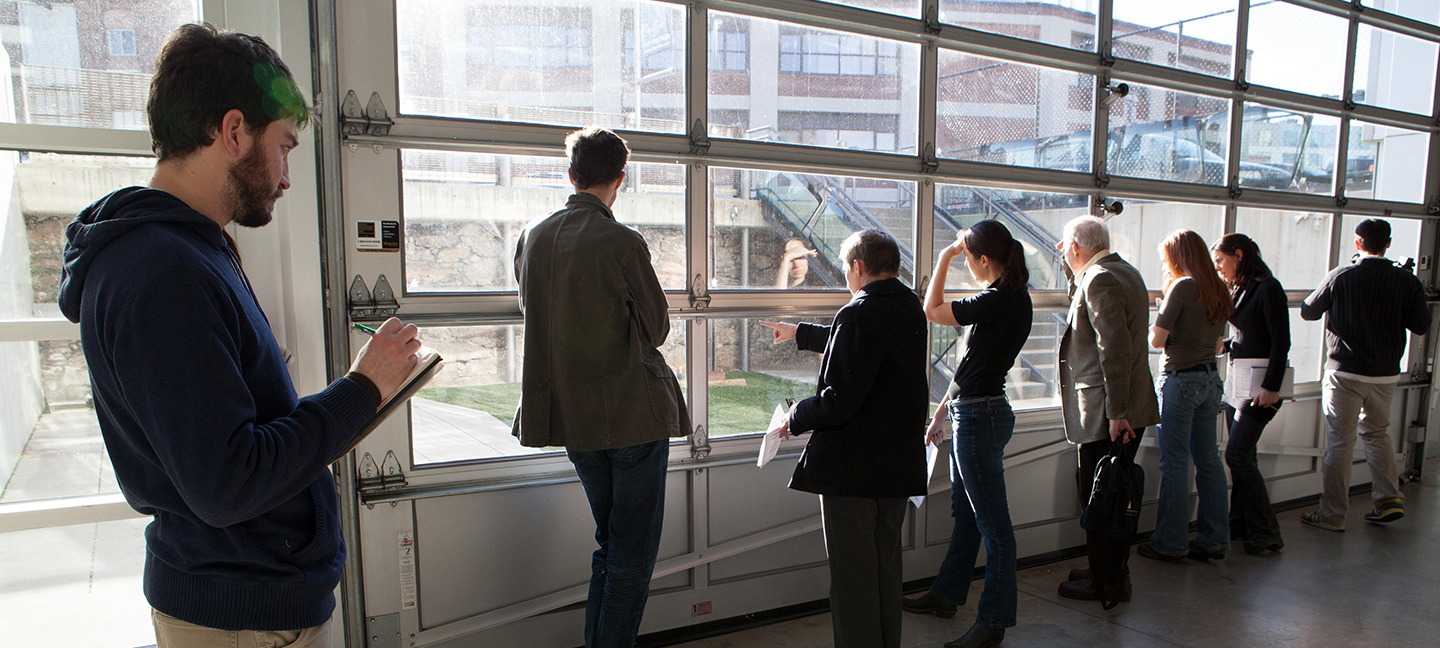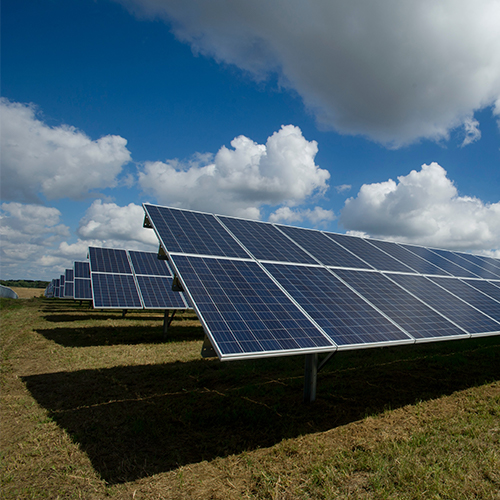
Sustainable Design Certificate
Sustainable Design Certificate
Our built environment consumes the majority of the energy and resources we use as a society; it is imperative that we design and implement design practices that improve rather than degrade the natural systems upon which we rely. The Sustainable Design Certificate provides knowledge and expertise in sustainable design and construction of the built environment that can lead to career advancement in a wide range of fields. Designers, construction personnel, property managers, building department officials, facilities professionals, engineers and many other professional roles can benefit from a rigorous curriculum in sustainable best practices.
Eligibility
The Sustainable Design Certificate is fully online and open to students studying from anywhere in the world. An undergraduate degree is recommended, but not required for enrollment in this certificate program. Courses in this program are taught at the graduate-level.
With this certificate, you can learn to design and implement design practices that improve rather than degrade the natural systems and resources upon which society relies.
Requirements and Courses
The Sustainable Design Certificate program requires the completion of six courses for a total of 9 credits. You’ll take the same courses as students in the Master of Design Studies in Sustainable Design.
Courses are offered in the fall, spring, and summer semesters. See what Continuing Education Courses are coming up soon.
Courses | 9 Credits:
SUS2007 Sustainable Design as a Way of Thinking, 1.5 credits
SUS2013 Multiple Urbanisms: Sustainable Development, 1.5 credits
SUS2014 Sustainable Design and Preservation, 1.5 credits
SUS2016 Global Perspectives on Sustainable Design, 1.5 credits
SUS2017 Solar Energy: Design with the Sun, 1.5 credits
SUS2018 The Zero Energy Home: What, How and If, 1.5 credits
SUS2020 Green Roofs and Green Walls, 1.5 credits
SUS2026 Greening the City, 1.5 credits
SUS2029 Green Practice: Energy and Air Quality Principles, 1.5 credits
SUS2030 Materials, Resources, and Indoor Environmental Quality, 1.5 credits
SUS2032 Lighting Design for Sustainability and Health, 1.5 credits
SUS2033 Building Envelope, 1.5 credits*
SUS2035 Sustainable Communities: Land Use, Transportation, and Planning, 1.5 credits
SUS2036 Marketing Sustainability, 1.5 credits
SUS2040 Sustainable Design of Healthcare Facilities, 1.5 credits
SUS2045 Green Building and Health, 1.5 credits
SUS2046 Resilient Design, 1.5 credits
SUS2049 Design for Social Resilience, 1.5 credits
SUS2050 Renewable Energy Sources, 1.5 credits
SUS2350 Topics in Sustainability, 1.5 credits
DHH3019 Biophilia, 1.5 credits
*Pre-requisite: Due to the technical nature of SUS2033, previous study of building science is recommended prior to enrollment in this course. Contact us at ce@the-bac.edu if you have relevant experience or questions.
How to Enroll in a Certificate Program
To enroll in a BAC Certificate Program, submit the following application materials to Continuing Education and then register for courses during an open registration period:
- Certificate Application Form
- $50 non-refundable application fee
Please Note: An undergraduate degree is recommended for the Sustainable Design Certificate, the Real Estate Development Certificate, and the Historic Preservation Certificate. Courses in these certificate programs are taught at the graduate level.
Certificate students must begin academic coursework in the program within two academic semesters of submitting the application materials.
The instructors, students, and coursework were all beneficial. I hope to use the knowledge I gained as my foundation for continuing my study of green and sustainable building. If I met someone considering the BAC in this area, I would definitely give them encouragement to pursue the certificate program.
Robert Palmer, Sustainable Design Certificate Graduate

